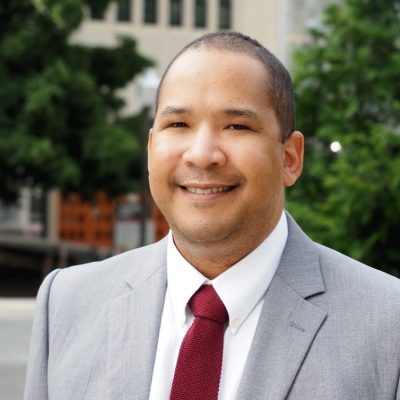Achieving Rigor without the Mortis:
Keeping High Standards While Rejuvenating Our Students, Ourselves, and Our Communities
Temple University’s 21st Annual Faculty Conference on Teaching Excellence
January 11 & 12, 2023
Howard Gittis Student Center at Temple University
The Annual Faculty Conference is hosted by the Center for the Advancement of Teaching and co-sponsored by Temple Libraries, Office of Digital Education, Information Technology Services and the General Education Program.
Our theme this year is Achieving Rigor Without the Mortis: Keeping High Standards While Rejuvenating Our Students, Ourselves, and Our Communities.
The pandemic gave us a unique window into the lives of our students—the unprecedented challenges they faced, as well as the assets they brought to the learning environment. For some of us, seeing the “whole” student brought home the idea that the playing field is inequitable for student learning, and triggered a desire for increased flexibility and compassion. We re-examined our course goals, policies, structures, assessments, and learning activities to see where we could be more supportive. For others, the need to maintain structure and expectations was crucial in those unsettling times. The feeling was that not doing so would be an assault on the rigor of our courses. These two different philosophical and practical approaches became so heated that the term “rigor wars” was coined by Jamiella Brooks.
This year’s conference will give you the opportunity to take a deep dive into the notion of rigor and its relationship to not only student learning, but to the well-being of our students, ourselves, and our communities. We invite you to reflect on these questions in advance of the conference: What is your definition of rigor, and how does that play out in your course goals, assessments, and learning activities? What effect does your definition and practice of rigor have on student motivation, on your attitudes about your students, and on your own well-being? Can our courses be rigorous while at the same time meet the needs of as many learners as possible? In other words, can we have rigor without the mortis?
If you have any questions regarding our conference please contact cat@temple.edu
About the CAT
The Annual Faculty Conference on Teaching Excellence is hosted by Temple University’s Center for the Advancement of Teaching.
Learn more about the CAT by visiting the CAT webpage.
Guest Speakers

Dr. Marcus Johnson
Keynote Speaker
Dr. Marcus Johnson is a Professor of Educational Psychology and Educational Research in the School of Education at Virginia Tech. He joined the Virginia Tech faculty following his decade-plus tenure at the University of Cincinnati, where he was the proud recipient of the University’s Faculty Exemplary Service Award and inductee of the Academy of Fellows for Teaching & Learning. Identifying as a Developmental and Educational Psychologist, Dr. Johnson’s scholarship concerning “motivation in education,” has included investigations of traditional and nontraditional college students’ motivations, the use of motivational strategies that enhance cognitive engagement and learning, and the effect of policies and practices on both student and faculty motivation. Nationally, Dr. Johnson has served on the American Psychological Association’s Council of Representatives, is an Associate Editor for the journal Contemporary Educational Psychology, and has previously co-chaired the faculty mentoring program for the American Educational Research Association’s Division for Learning & Instruction. Dr. Johnson earned his PhD in Educational Psychology at the University of Nevada, Las Vegas, and for over a decade he has enjoyed teaching various courses in higher education, from Human Development to Human Learning, and from Educational Assessment to Research Methods. Prior to his work in higher education, Dr. Johnson had taught high school science in diverse settings.

Dr. Derek Bruff
Plenary Speaker
Derek Bruff is an educator, author, and higher ed consultant. He directed the Vanderbilt University Center for Teaching for more than a decade, where he helped faculty and other instructors develop foundational teaching skills and explore new ideas in teaching, and he’s given talks on teaching and learning at dozens of colleges and universities. Bruff has written two books, Intentional Tech: Principles to Guide the Use of Educational Technology in College Teaching (West Virginia University Press, 2019) and Teaching with Classroom Response Systems: Creating Active Learning Environments (Jossey-Bass, 2009). He writes a weekly newsletter called Intentional Teaching. Bruff has a PhD in mathematics and has taught math courses at Vanderbilt and Harvard University.
What Past Attendees Have Said
“Loved the practical tips I can incorporate into my teaching right away, as well as the more ponderable thoughts I can digest over time. A nice mix of both!”
“As always, this is my third, the conference is well organized with awesome selections for the guest speakers, breakout sessions, and lightning talks.”
“The presentations were engaging, informative, and well articulated.”
